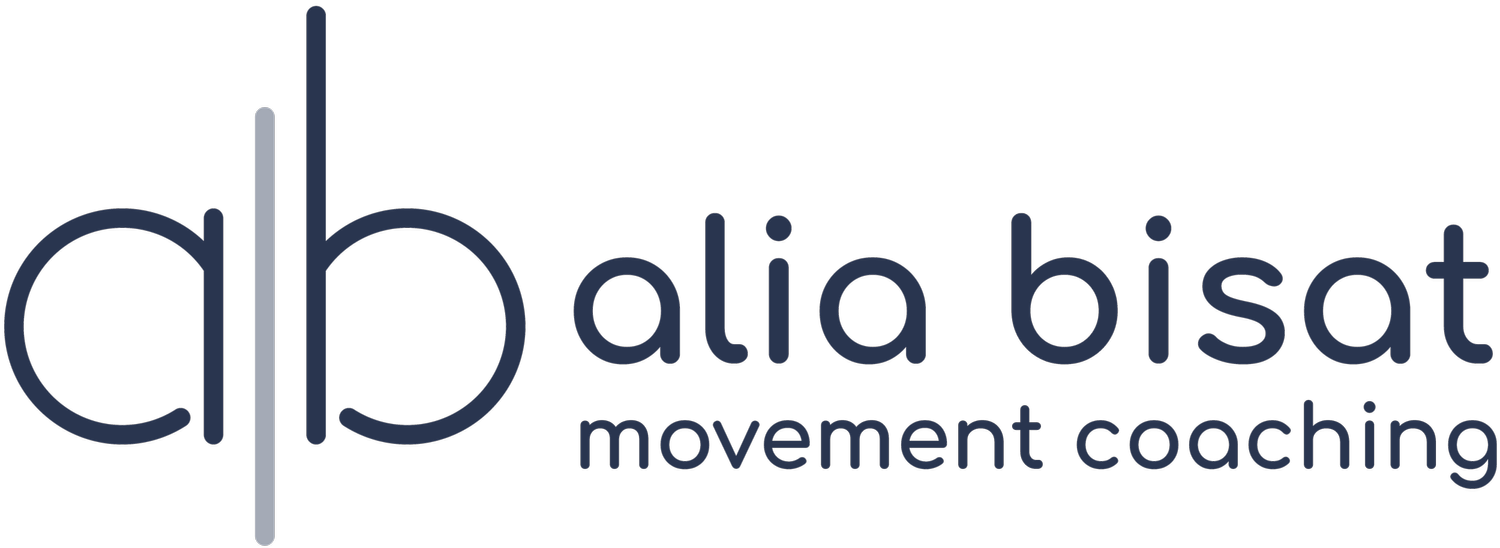The Sensation Vocab Wheels
Last month I wrote about the importance of the words we use to describe sensations in our bodies. This week I wanted to share a couple of "Sensation Wheels" designed by Dr. Colby Peters. I actually stumbled across these while searching for descriptors around bodily discomfort. I'm finding them incredibly comprehensive. You'll notice that the word "pain" is nowhere to be found on either wheel. Pain is the nervous system's judgment based on the information it's getting from these sensations, and the final pain output is a product of your brain. You have receptors in your body that detect changes in temperature, pressure, tension, chemicals, etc. The nervous system decides whether or not these changes are threatening enough to alert you with a pain signal from your brain.
Chronic pain is a learned response to certain sensation signals in the body. Sometimes, the pain response outweighs what's actually happening. The neural networks that illicit the pain output in your brain become easily "lit up" with practice. It becomes the brain's habit whether it seems to make much objective sense or not. Intentionally choosing new words to describe your pain sensations brings awareness to this habit, and can begin the process of re-wiring the neural networks that signal pain in the brain.
Try this: the next time you experience a "bad" sensation -- something that doesn't feel good that is persisting -- notice your level of anxiety/fear/disturbance/annoyance. Then take a look at these wheels and see if you can find some words to describe the sensation. The sensations you're feeling may be fluid, so be open to the idea that different words at various instances of looking at the wheel may fit the bill for you. After redefining your "bad" sensation with other more specific words, check back in with your level of anxiety/fear/disturbance/annoyance. Did it change? Get worse? Get better?
(If you're having trouble seeing/saving these images, I'm happy to share the pdf file with you, just respond to this email).
Till next time, keep moving.
Alia


